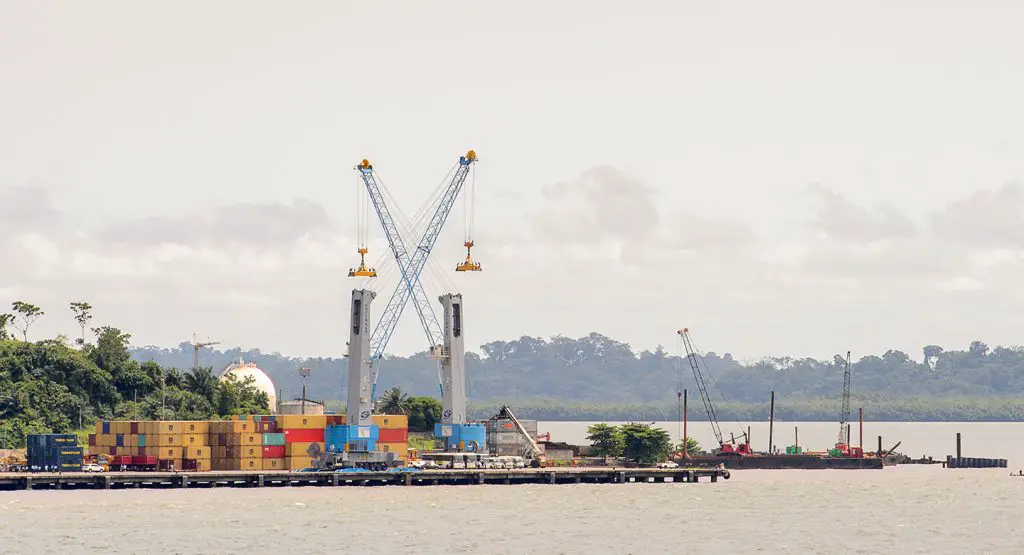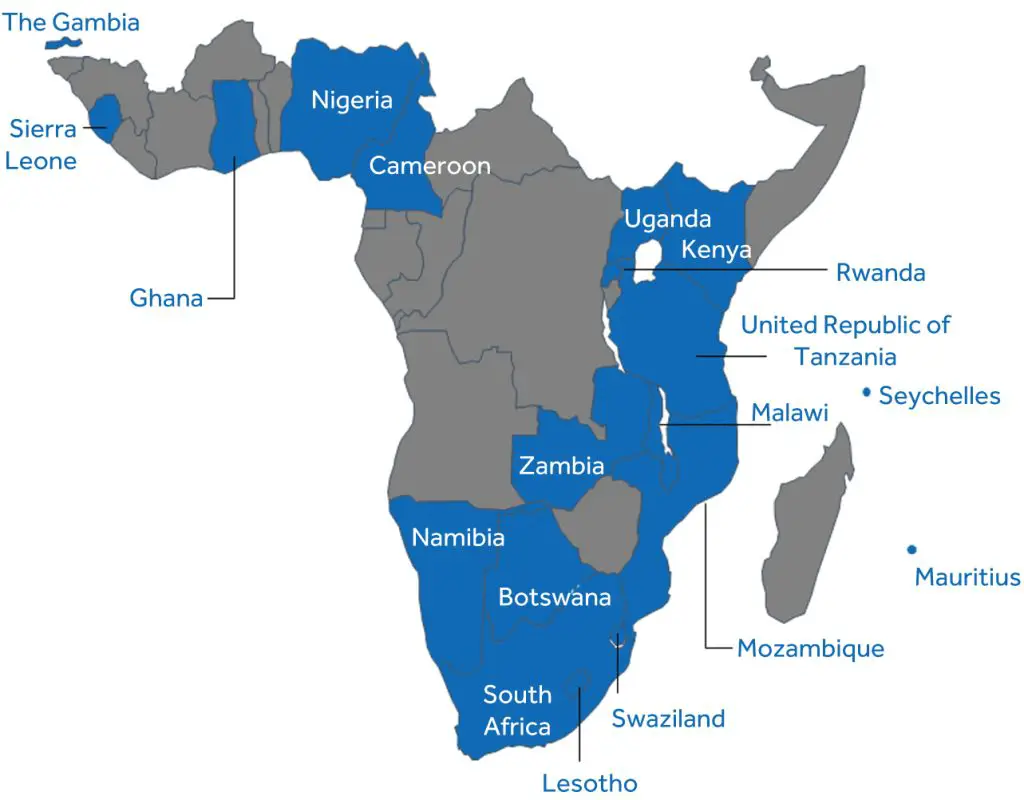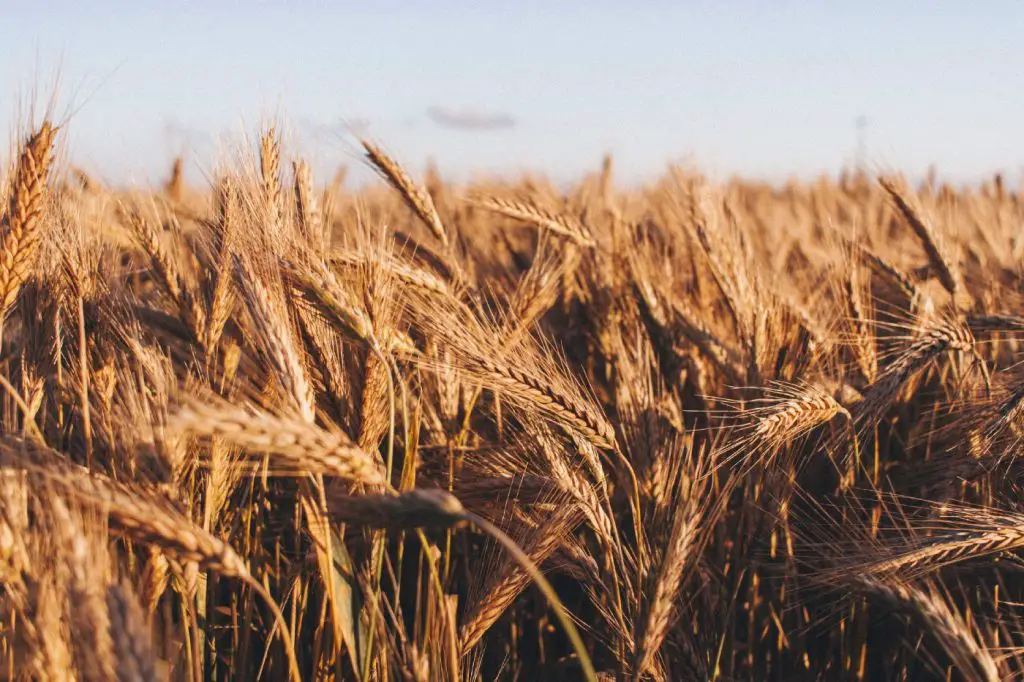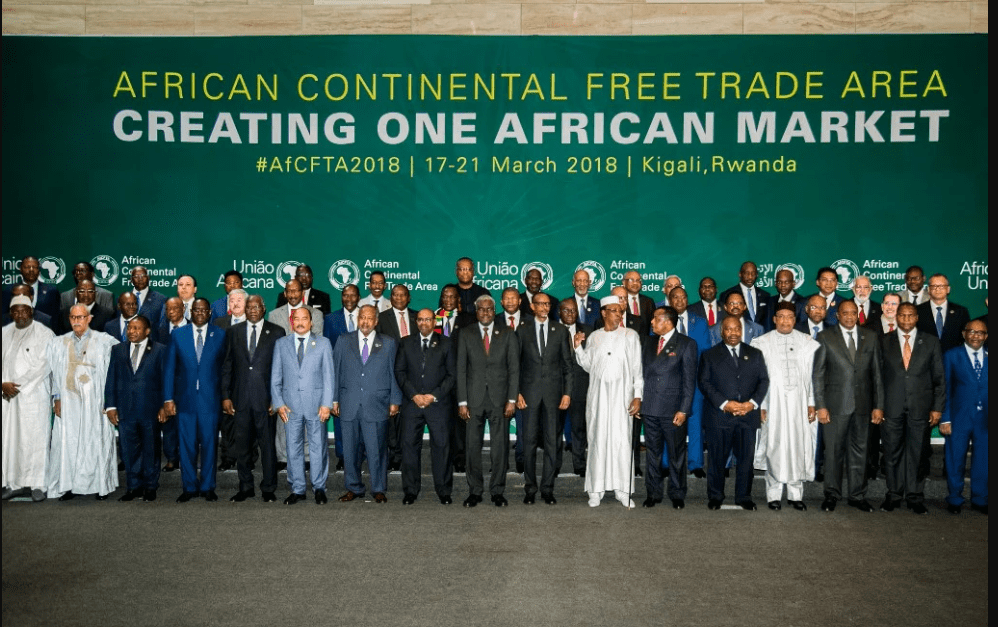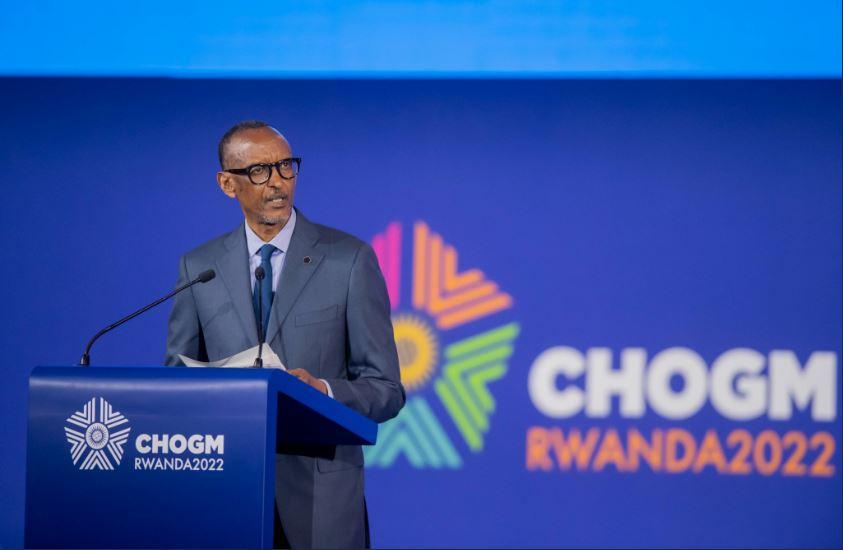- Africa’s Green Economy Summit 2026 readies pipeline of investment-ready green ventures
- East Africa banks on youth-led innovation to transform food systems sector
- The Washington Accords and Rwanda DRC Peace Deal
- Binance Junior, a crypto savings account targeting children and teens debuts in Africa
- African Union Agenda 2063 and the Conflicts Threatening “The Africa We Want”
- New HIV prevention drug is out — can ravaged African nations afford to miss it?
- From banking to supply chains, here’s how blockchain is powering lives across Africa
- Modern railways system sparks fresh drive in Tanzania’s economic ambitions
Author: Rose Kwamboka
The World Bank estimated the value added in Gabon’s agriculture, forestry, and fishing sectors to be 6.404 per cent of GDP in 2020, a good sign to invest in Gabon.
Gabon imports the bulk of its cereal requirements through commercial channels, with cereal imports accounting for approximately 90 per cent of the total cereal utilization. Imports of cereals in 2021 were estimated at a slightly below-average level of 171,000 tons, including about 110,000 tons of wheat and 55,000 tons of rice.
Gabon is facing escalating agricultural food prices, especially wheat since the war in Ukraine began in February 2022. To keep domestic wheat prices below 25,000 CFA, the government formally budgeted a subsidy of 4,700 CFA (US$7.55) per 50-kg bag to the country’s wheat importers, led by France’s Société Meunière et Avicole du Gabon company.
Africa is considered largely the main source of natural resources needed to support and sustain the economic growth of developed and emerging developing countries, and, as noted above, the engagement is often concentrated in a few countries, particularly where they have strategic interests.
African countries do not have adequate capacity to engage emerging developing economies individually.
According to Aileen Kwa, Coordinator, Trade for Development Programme, South Centre, one of the Commonwealth’s mission is to reduce poverty in its member countries, especially the developing ones.
But looking at the poverty levels in Africa, they have been high over the last 30 years, at 74 per cent and 73 per cent in 1981 and 2005, respectively, despite policy reforms undertaken over that period. When translated into absolute numbers, the number of people living on less than US$ 2 per day increased from 295 million in 1981 to about 556 million in 2005.
Dr. Tiberio Chiari, former Manager of the Agricultural Value Chains Programme in Oromia- Ethiopia, within the Ethio-Italian Development Cooperation Framework, offers some of these efforts that the government has implemented in the Ethiopian wheat value chain that other African countries can learn from.
Launch and execution of suitable growth policies
The government keeps working harder to ensure the country’s current dependence on wheat importation (of about 1.7 million tonnes) is fully nullified. After years of field experimentation, in 2021, the Ethiopian government launched its new plan.
The objective of the plan is to cut down the import of wheat by producing during the cold season in pastoral dry areas currently available in the Awash, Omo and Shebelle river basins. The approach includes the cultivation of 400,000 hectares of land and the deployment of a large-scale commercial farming model to achieve a productivity of 4.4 tonnes/ha.
For historic reasons, bilateral and regional trade in Africa has been hampered by trade routes designed for export away from the continent rather than for facilitating intra-Africa trade. Obstacles include long distances, inadequate transport services, and inefficient institutional and transit regimes.
In many landlocked African countries, economic centres are located several hundred kilometres away from the closest seaport. Overcoming geographic constraints or the lack of economies of scale caused by small transportation volumes is key for all countries, particularly transit countries. A renewed focus on the efficiency of transport and logistics services is long overdue, given that many countries retain policies that favour closed, small, and inefficient services markets.
By committing to no new barriers to services trade during the progressive liberalization process, at least in the five priority sectors—business, communication, financial, transport, and tourism services, and with declining trade costs—the transport sector is bound to expand.
Bolt Food has also created a feature that enables customers to use promo codes and coupons to pay for orders made on the app. As restaurants on the platform offer promotional items and campaigns, all active promotions will always be displayed in the Bolt Food app.
These initiatives are meant to create a flexible and convenient environment for customers as they enjoy excellent service on the Bolt Food app.
“Customer Experience on our platform remains a key priority in our operations. Our focus is to continue growing our brand and serving our customers in the best way possible through quality services tailored towards their needs”, said Edgar.
Bolt Food continues to scale up its operations and invest more into initiatives geared towards enhancing customer experience and offering quality services as it grows its courier earnings.
Most Kenyans, 83 per cent, indicated a willingness to increase the amount of money they allocate to savings and investments, but the inability to save due to insufficient funds after fulfilling their obligations that require regular funding and the availability of quick digital loans.
Among their obligations which contribute to Kenyans’ financial strain is supporting their extended family which considerably bites into their savings. 84 per cent of people indicated that they regularly provide some income to their extended family, mostly in case of emergencies, because they feel a sense of obligation to send their extended families money and because their extended family members treat them better when they are sent money.
On their part, the extended family members mostly use the money to cater to recurring expenses like food & transport, school fees and medical expenses at 23 per cent, 19 per cent and 18 per cent respectively. Farm-related expenses like purchase of fertiliser ranked fourth at 14 per cent, phone and home upgrades came in fifth at 7 per cent while entertainment like Christmas celebration was sixth.
In renewing the commitments to end Malaria and Neglected Tropical Diseases (NTDs) by 2030, Commonwealth heads pledged over $4 billion Heads recognised that global financial support to halt and reverse biodiversity loss in the ocean and on land remains insufficient Dedicating a ‘living land’ in respective countries would reinforce commitment to keep the rise in global average temperature below 2 degrees Celsius above pre-industrial levels The week-long Rwanda-hosted Commonwealth Wealth Heads of Government Meeting 2022 (CHOGM) came to a close in Kigali on June 25, 2022. The summit which is held every two years – last held in 2018 in…
Each year, the programme supports ten small and medium Kenyan female-led entrepreneurial businesses by offering mentorship, advisory, coaching, networking opportunities, access to seed capital and investor forums that help mould their businesses to international standards.
The mentorship takes 12 weeks where the teams are offered expert training in the areas of business idea conceptualization, strategy formulation and marketing, which is key in moving the businesses from incubation to sustainable ventures.
The ten businesses shortlisted from more than 300 applications will compete for up to Ksh1 million in seed funding. Since its inception, 30 start-ups have participated, 15 have been awarded Ksh1 million each in seed funding, and 41 businesses have so far gone through the incubation process, with the first four cohorts attracting 1,150 applications.
Most Kenyans, 83 per cent, indicated a willingness to increase the amount of money they allocate to savings and investments, but the inability to save due to insufficient funds after fulfilling their obligations that require regular funding and the availability of quick digital loans.
Among their obligations which contribute to Kenyans’ financial strain is supporting their extended family which considerably bites into their savings. 84 per cent of people indicated that they regularly provide some income to their extended family, mostly in case of emergencies, because they feel a sense of obligation to send their extended families money and because their extended family members treat them better when they are sent money.
On their part, the extended family members mostly use the money to cater to recurring expenses like food & transport, school fees and medical expenses at 23 per cent, 19 per cent and 18 per cent respectively. Farm-related expenses like purchase of fertiliser ranked fourth at 14 per cent, phone and home upgrades came in fifth at 7 per cent while entertainment like Christmas celebration was sixth.
Most Kenyans, 83 per cent, indicated a willingness to increase the amount of money they allocate to savings and investments, but the inability to save due to insufficient funds after fulfilling their obligations that require regular funding and the availability of quick digital loans.
Among their obligations which contribute to Kenyans’ financial strain is supporting their extended family which considerably bites into their savings. 84 per cent of people indicated that they regularly provide some income to their extended family, mostly in case of emergencies, because they feel a sense of obligation to send their extended families money and because their extended family members treat them better when they are sent money.
On their part, the extended family members mostly use the money to cater to recurring expenses like food & transport, school fees and medical expenses at 23 per cent, 19 per cent and 18 per cent respectively. Farm-related expenses like purchase of fertiliser ranked fourth at 14 per cent, phone and home upgrades came in fifth at 7 per cent while entertainment like Christmas celebration was sixth.





